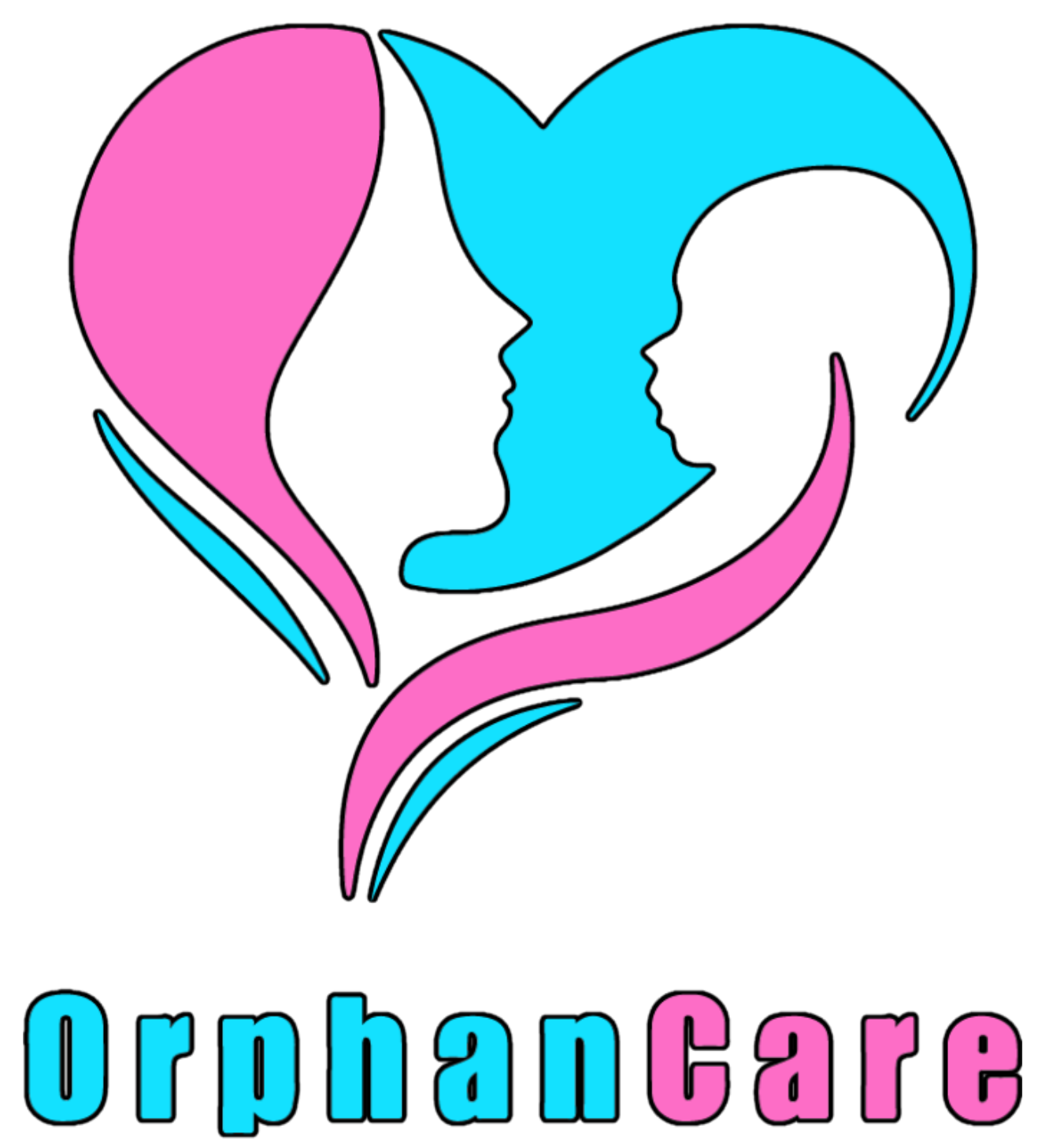Foster care and adoption are two unique ways to care for children in need. Foster care is a temporary program that places children with families who provide a safe environment and care for them while their biological families deal with issues that prevent them from receiving appropriate care. Often, the main goal is to be reunited with their birth families. In contrast, adoption is a permanent legal process in which adoptive parents assume all parental rights and responsibilities, creating a family relationship for life in. While foster care and adoption aim to promote the well-being of children, they differ significantly in terms of duration, legal status and long-term commitment.
Difference between Foster Care and Adoption
This guide explores the distinctions between foster care and adoption, providing a comprehensive overview of each system.
Foster Care
Foster care is a temporary arrangement where children are placed with a state-certified caregiver, known as a foster parent, when their biological parents are unable to care for them due to various reasons such as neglect, abuse, or other family crises. The primary goal of foster care is to provide a safe and nurturing environment while efforts are made to reunite the children with their biological families.
Process:
Assessment and Placement:
When a child is identified as needing foster care, social services conduct an assessment and place the child in a suitable foster home.
Certification of Foster Parents:
Prospective foster parents undergo rigorous screening, including background checks, home inspections, and training programs to ensure they can provide a safe and supportive environment.
Ongoing Monitoring:
Social workers regularly visit foster homes to monitor the child’s well-being and progress. They also facilitate visitation with biological family members if it is safe and appropriate.
Reunification Efforts:
The ultimate aim is to reunite the child with their biological family. Social services work with the family to resolve the issues that led to the child’s placement in foster care.
Characteristics:
Temporary Care:
Foster care is intended to be temporary, ranging from a few days to several years, depending on the family situation.
Parental Rights:
Biological parents retain their parental rights during foster care. The court and social services may impose conditions that parents must meet for reunification.
Support Services:
Foster parents receive financial support and resources to help care for the child.
Adoption
Adoption is a legal process that permanently transfers all parental rights and responsibilities from the biological parents (or the state) to the adoptive parents. The goal of adoption is to provide a permanent, loving home for children who cannot be reunited with their biological families.
Process:
Application and Screening:
Prospective adoptive parents must complete an application, undergo background checks, and participate in a home study conducted by a licensed social worker.
Matching:
The process involves matching the adoptive parents with a child based on various factors, including the child’s needs and the family’s ability to meet those needs.
Legal Proceedings:
Adoption requires legal proceedings to terminate the biological parents’ rights and legally recognize the adoptive parents as the child’s new parents.
Finalization:
Once the court approves the adoption, the adoptive parents receive a new birth certificate for the child, listing them as the child’s parents.
Characteristics:
Permanent Relationship:
Adoption establishes a permanent parent-child relationship, granting the child the same legal rights as a biological child, including inheritance rights.
Parental Rights:
Biological parents’ rights are permanently terminated, and the adoptive parents assume all legal responsibilities for the child.
Post-Adoption Support:
Many agencies offer post-adoption support, including counseling and resources to help families adjust.
FAQ’s
Is foster the same as adopted?
Fostering provides temporary care for children when their birth families can’t look after them. Adoption, on the other hand, is a permanent solution that requires a long-term commitment.
What is the difference between foster care and adoption in the UK?
The main difference between fostering and adoption is that in adoption, you legally become the child’s parent. In foster care, the local authority and birth family are legally responsible, while foster carers provide day-to-day or longer-term care.
Is Foster the same as orphan?
An orphan has lost both parents, while a foster child may have one or both parents alive but is being cared for by others who may or may not adopt them.
Why do children go into foster care UK?
Social services may place a child in care due to neglect, parent illness, or physical or emotional abuse.
Conclusion
Foster care and adoption both ensure children get the care they need when they can’t stay with their biological families. Understanding their differences helps caregivers make informed decisions. Foster care offers temporary support, while adoption provides a permanent family. Both aim to provide loving, stable homes for children.



Add a Comment